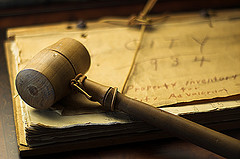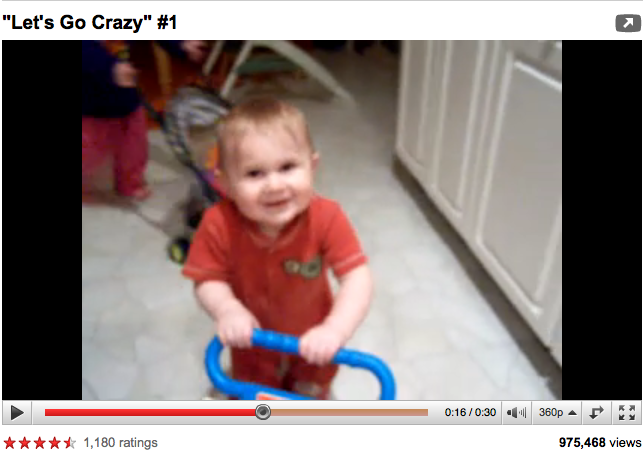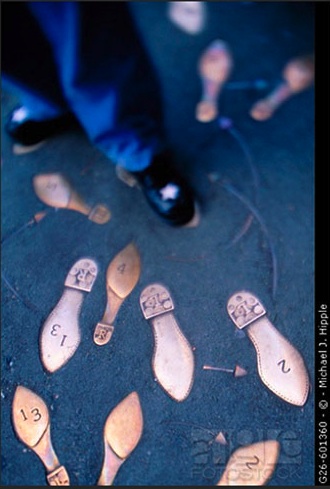Fair Use
Browse by Subject
- Defamation (588)
- Copyright (511)
- Legal Threat (507)
- Free Speech (411)
- Blogs (315)
- Section 230 (309)
- Anonymity (301)
- Social Media (297)
- Citizen Journalism (286)
- Newsgathering (286)
- Fair Use (280)
- Criminal (279)
- Journalism (266)
- Access to Gov't Information (242)
- Third-Party Content (239)
- Censorship (230)
- Twitter (229)
- Privacy (213)
- CMLP (211)
- Trademark (189)
- DMCA (162)
- Shield Laws (149)
- Access to Courts (148)
- Prior Restraints (120)
- FOIA (107)
- SLAPP (105)
- Cyberbullying (89)
- Elections and Politics (88)
- Legal Guide (84)
- Recording Others (83)
- User Comments or Submissions (82)
- Terms and Conditions (80)
- Publication of Private Facts (80)
- Right of Publicity (79)
- Subpoenas (78)
- Advertising (77)
- Consumer Ratings and Reviews (59)
- Intrusion (54)
- False Light (54)
- Student Speech (54)
- Gripe Sites (51)
- Congress (49)
- Hot News Misappropriation (47)
- Resources and Tools (45)
- Open Meetings (43)
- Children (42)
- Linking (41)
- Computer Fraud and Abuse Act (41)
- Obscenity (36)
- Access to Places (35)
- Business Torts (33)
- Identity (33)
- Aggregation (33)
- Trade Secrets (30)
- Trade Libel (25)
- Personal Jurisdiction (24)
- Licensing (24)
- Business Formation (23)
- Taxes (22)
- Sanctions (21)
- Employee Blogs (20)
- Domain Names (19)
- Real Estate (17)
- Retractions and Corrections (15)
- Credentials (15)
- DMLP (13)
- Cyberstalking (13)
- Reviews (11)
- Insurance (11)
- Hate Speech (11)
- Misappropriation (11)
- Establishment Clause (10)
- Government Speech (9)
- Website Design (7)
- Statute of Limitations (4)
- Science (3)
- Patent (2)
Recent Blog Posts
-
11 years 2 months ago
-
11 years 3 months ago
-
11 years 4 months ago
-
11 years 4 months ago
-
11 years 4 months ago
-
11 years 5 months ago
-
11 years 5 months ago
-
11 years 5 months ago
We are looking for contributing authors with expertise in media law, intellectual property, First Amendment, and other related fields to join us as guest bloggers. If you are interested, please contact us for more details.
Copyright 2007-25 Digital Media Law Project and respective authors. Except where otherwise noted,
content on this site is licensed under a Creative Commons Attribution-Noncommercial-ShareAlike 3.0 License: Details.
Use of this site is pursuant to our Terms of Use and Privacy Notice.
content on this site is licensed under a Creative Commons Attribution-Noncommercial-ShareAlike 3.0 License: Details.
Use of this site is pursuant to our Terms of Use and Privacy Notice.


 A few days ago, I attended oral arguments before the First Circuit Court of Appeals in the case of Joel Tenenbaum, a graduate student being sued by various record labels for sharing music files via a peer-to-peer service over the Internet (Sony v. Tenenbaum,
A few days ago, I attended oral arguments before the First Circuit Court of Appeals in the case of Joel Tenenbaum, a graduate student being sued by various record labels for sharing music files via a peer-to-peer service over the Internet (Sony v. Tenenbaum,  Last week, federal district judge Jeremy Fogel issued a technical but important
Last week, federal district judge Jeremy Fogel issued a technical but important  To photographer
To photographer  Last Friday, political commenter and blogger Patrick Frey of
Last Friday, political commenter and blogger Patrick Frey of  Before the Thanksgiving holiday, Microsoft
Before the Thanksgiving holiday, Microsoft 